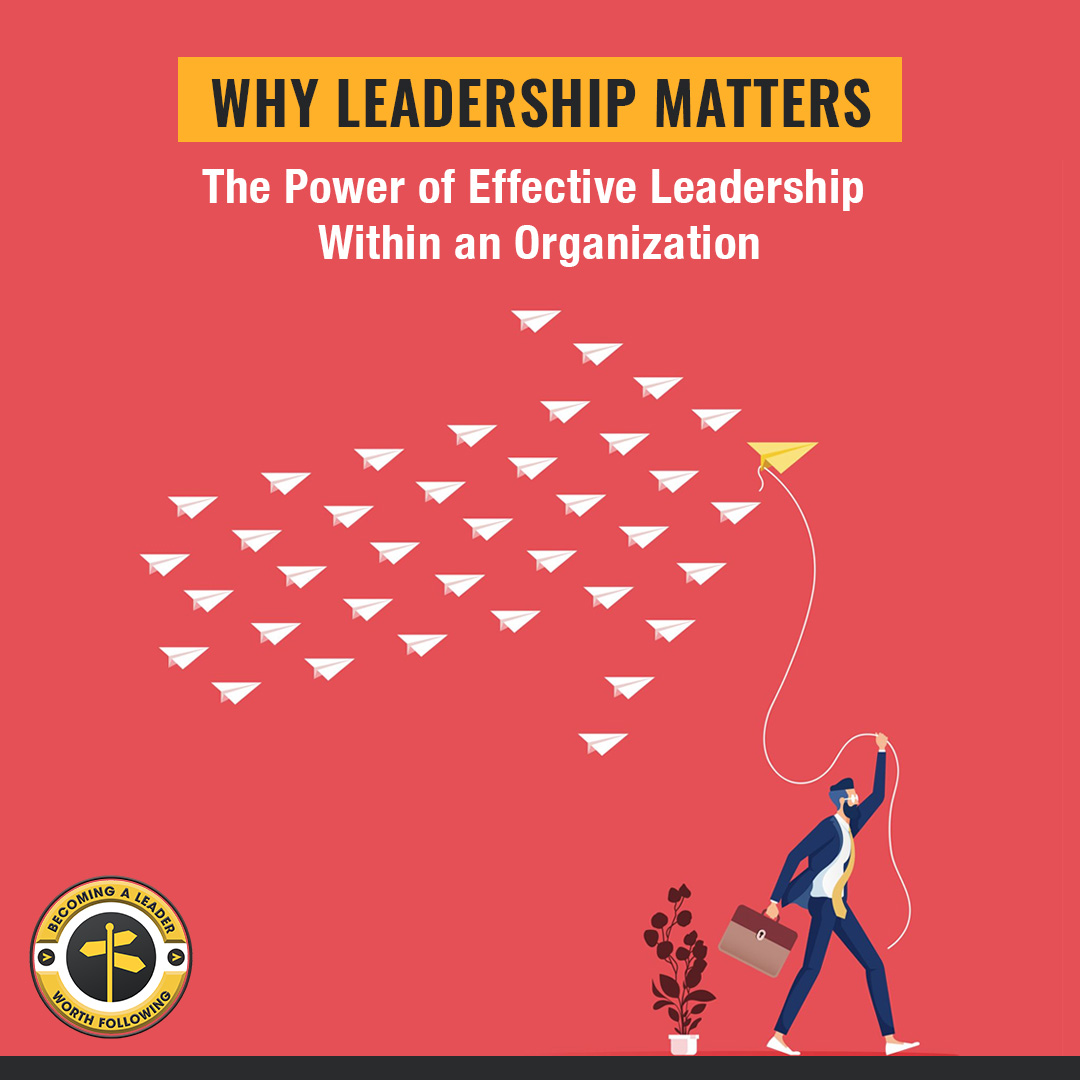In today’s fast-paced and complex work environments, one question continues to surface: Why is leadership important? Whether you’re a small business owner, a team lead, or part of a large corporation, leadership plays a vital role in shaping outcomes, driving efficiency, and fostering a positive organizational culture.
What Happens Without Leadership?
Imagine an organization with no leadership—no hierarchy, no decision-makers, no guiding vision. In such a scenario, people might begin working independently, without coordination or direction. While some self-organization might emerge over time to ease collaboration, a lack of clear leadership often results in inefficiencies, miscommunication, and confusion around priorities.
Ultimately, even in non-hierarchical environments, some form of de facto leadership tends to develop naturally. This is because effective leadership helps streamline processes, align teams toward shared goals, and reduce the friction that often arises from disorganization.
The Value of Leadership in a Team
Leadership is more than just having a person in charge. Effective leadership enables:
- Efficiency: Leaders provide structure, which helps individuals and teams function more smoothly and productively.
- Focus: A strong leader unites people around a common goal or strategy, keeping everyone aligned and motivated.
- Vision: Leaders help organizations see the bigger picture and make informed decisions that guide future success.
However, leadership is not a one-size-fits-all solution. From authoritarian to collaborative styles, the impact of leadership depends heavily on how and when different leadership modes are used.
Striking the Right Balance
On the one hand, a lack of leadership causes disarray. On the other hand, overly authoritarian leadership can stifle creativity, autonomy, and morale. That’s why the best leaders are those who can adapt their style to fit the situation, whether it’s providing clear direction during a crisis or stepping back to empower their team to innovate and grow.
The Takeaway: Leadership Drives Organizational Success
Good leadership is not just about authority—it’s about knowing when to guide, support, delegate, or lead by example. It’s about creating an environment where people feel empowered, aligned, and inspired to do their best work.
In any organization, leadership matters. And the kind of leadership you foster can be the difference between chaos and mediocrity or cohesion and excellence.



